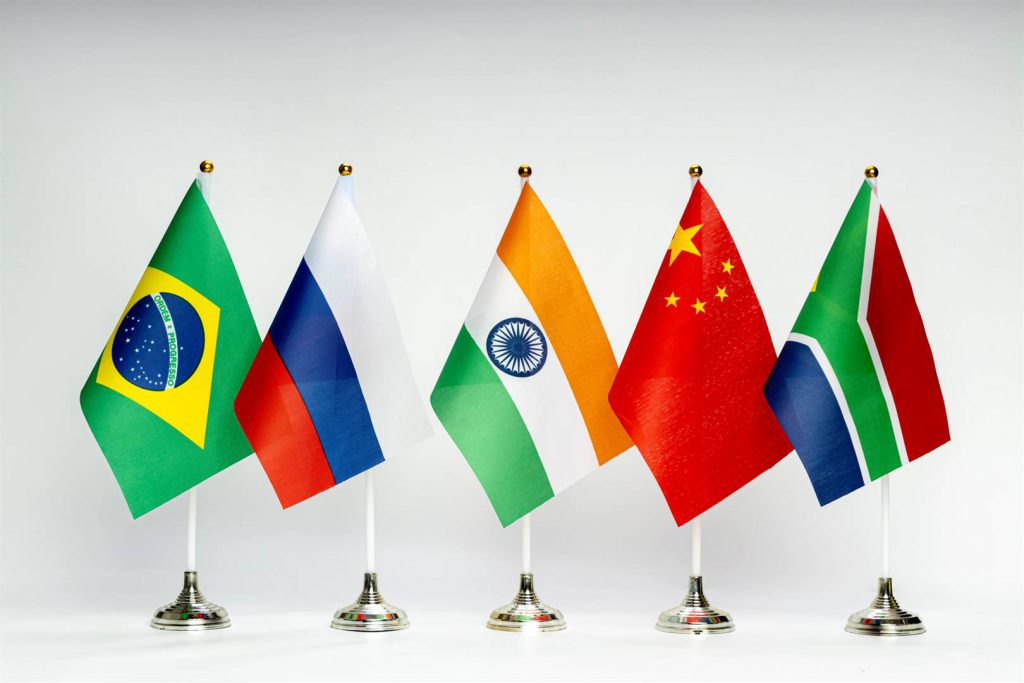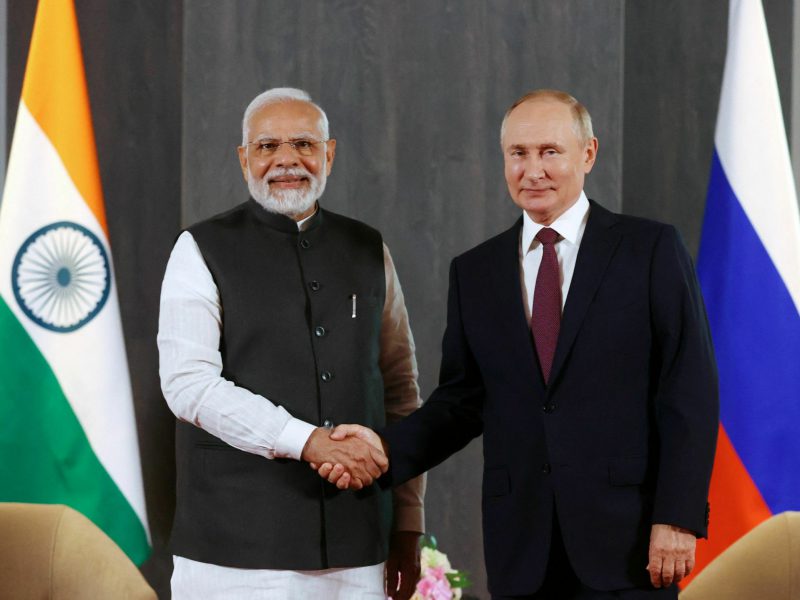For much of the last year, discussions on the possibility of a BRICS currency have abounded. Many have stated the improbable aspects of the idea, while others have noted its potential. Yet, amid the bloc’s push for local currency promotion, the BRICS oil trade illustrates why an alternate currency is so necessary.
The BRICS collective has jointly pushed for greater de-dollarization within its bilateral trade. That has led to a bit of dysfunction amid countries’ own local currency usage. Subsequently, oil trade dealings between Russia and India have presented a strong case as to why a separate BRICS currency is vital.


Also Read: BRICS: 15 Countries to Ditch US Dollar for Oil Trade?
BRICS Oil Trade Proves Alternative Currency Vitality
For much of the last year, BRICS growth has been a massive geopolitical talking point. The economic alliance has enacted a six-country expansion effort at its 2023 annual summit. Moreover, they have integrated widespread de-dollarization plans into their bilateral trade dealings. However, that reality, and its push for local currency usage, has presented a dilemma.
Indeed, the BRICS oil trade has proven to be a key reason why an alternate currency is necessary. Specifically, Business Insider conducted a deep dive into the trade dealings between Russia and India. Subsequently, they showcased the greater problem of abandoning the dollar for their own trade. That being, the difficulty in cross-border transactions in one nation’s currency.


Also Read: BRICS: U.S. Dollar Dips Against Local Currencies
The report notes Russians increased trade relations with India and China since sanctions were implemented following the Ukraine invasion. Yet, they discussed trade with India, and how that has been problematic for Russia. Specifically, because the former has required settlements to be conducted in Indian Rupees.
The unconvertible nature of that currency, however, makes it particularly troublesome for Russia. Subsequently, they now have billions of rupees in various Indian banks. As India has encouraged these funds to be spent in the country, Russia has struggled to find anything that it seeks to acquire from the country.
This reality becomes the greater argument for the dollar’s maintained status in international trade relations. However, it also explains why the BRICS bloc must work on its own alternate trade currency. For those funds to be convertible in BRICS nations, it presents cross-border potential. Subsequently, it allows de-dollarization to work in concert with the bloc’s own internal promotion without creating the dilemma formed within Russia and India’s oil trade.





